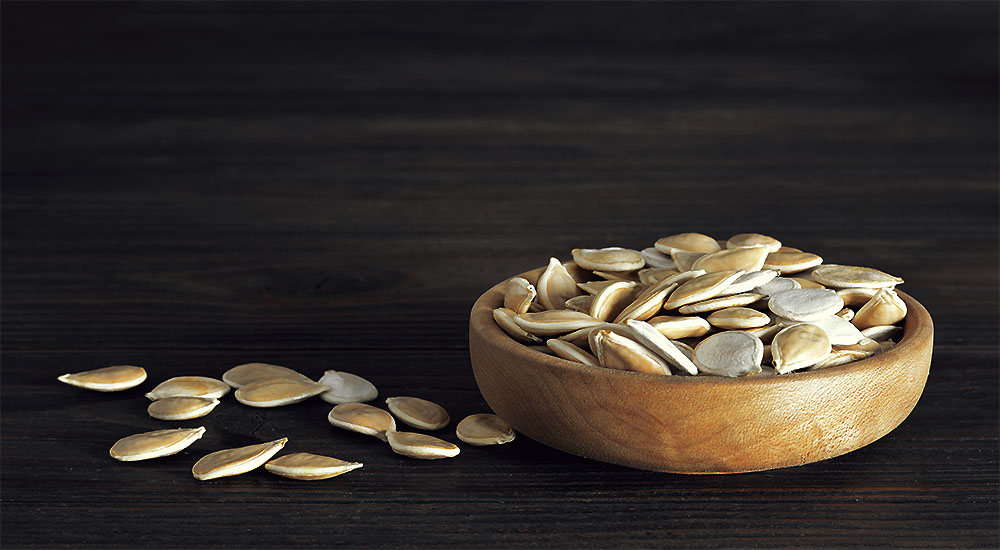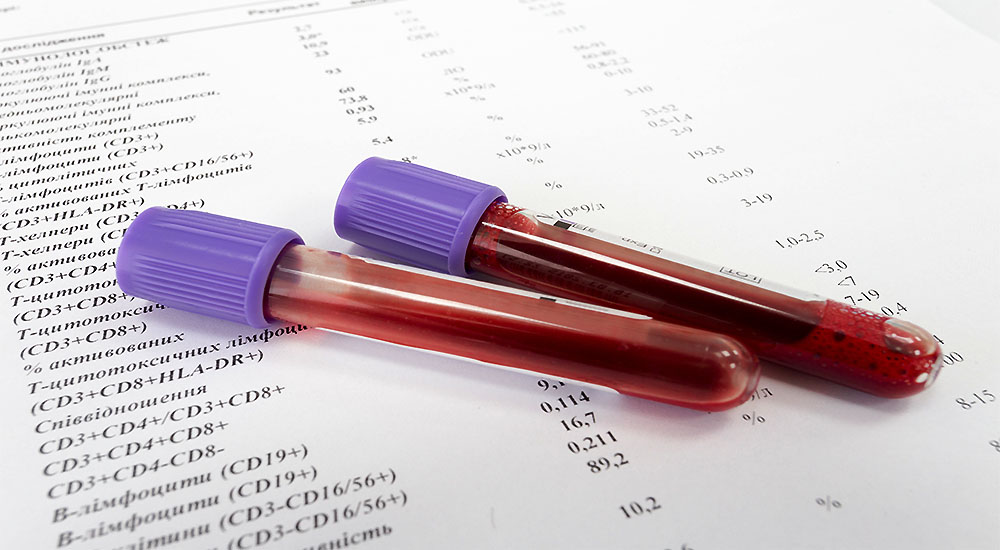Gluten Intolerant Patients Poorly Educated?


There is so much emphasis on our inadequate abilities to diagnose gluten intolerance (we only diagnose 5% of those suffering), that when we do finally make the diagnosis I believe we are guilty of another problem – Lack of adequate education to those patients.
A research study was released that stated that while a positive response is typically seen in most adults with celiac disease after treatment with a gluten-free diet, the rate of small intestine healing is less certain. Their aims were to estimate the rate of recovery after a gluten-free diet was instituted. Of 381 adults with celiac disease, 241 had a follow-up biopsy. Among these 241, the confirmed recovery of the small intestine at 2 years following diagnosis was only 34% and at 5 years only 66%.
Gluten CAN Kill You
There was an association between recovery of the small intestine and a reduced rate of all-causes of death, making intestinal recovery a vital goal. The conclusions of the study were that intestinal recovery was absent in a substantial portion of adults with the celiac disease despite treatment with a gluten-free diet and that there was an association between confirmed recovery and reduced mortality independent of age and gender.
Going Gluten-free Can Save Your Life
So what can we learn from this?
1. Eating gluten-free when you are gluten intolerant will cause you to feel better.
2. Going on a gluten-free diet is not enough to ensure that your intestines will heal.
3. Failing to heal your intestines puts you at increased risk for disease and death.
4. Successfully healing your intestines reduces your incidence of death from the disease.
While you likely knew the first point, 2, 3, and 4 are perhaps less well-known. Where I see that we are failing as the gluten intolerant population is in our narrow focus regarding eliminating gluten as the only needed treatment. What the above research proves is that, unfortunately, for almost 35% of those diagnosed simply eliminating gluten is insufficient to ensure intestinal healing.
How to Extend Life Expectancy
If patients were educated that healing their intestine would make the difference between contracting the disease and extending their life expectancy or not, I think they’d be more interested in ensuring that it occurred.
I am not a researcher but my clinic sees many hundreds of patients who align with the results of this study completely. Patients come to see us who have been told that they shouldn’t consume gluten and for the most part, they follow that recommendation. They know that they feel better when they are gluten-free so that is an impetus to not cheat. When they do cheat they know that they’ll “pay” for it but they still do so fairly regularly.
Why Cheating is a Very Bad Idea
Why do they cheat? Because they believe that diarrhea, headache, bloating, joint pain, etc are temporary and that when it goes away they are “fine” again. Their thought process is not unreasonable, it’s just wrong! If each patient was educated that cheating created intestinal destruction that in turn put them on a fast track towards disease and early death, I believe that cheating would take on a whole new perspective.
Patients need this education and they need to hear it often. Our book “The Gluten Effect” was written with this intention – our patients actually requested it. They asked for a written reminder of why they should maintain their gluten-free lifestyle.
Later I began taping Youtube videos because other patients preferred a reminder in a video form. It is terribly upsetting to meet patients, as I so often do, who have been diagnosed with celiac disease or gluten sensitivity and do not follow their diet solely due to ignorance.
After almost 25 years of clinical experience, I also know that some people “hear what they want to hear” and doctors with the best of intentions cannot get through to everyone. But I strongly believe that we could be doing a much better job at enlightenment.
Why a Gluten-free Diet is Not Enough
Gluten intolerant patients need to be educated about the secondary effects associated with gluten. When the immune system of the intestine is suppressed, as is the case of gluten intolerance, inhospitable, disease-causing organisms can gain entry into the intestine and remain there creating many symptoms.
These organisms may be in the form of bacteria, parasites, or amoebas and if they are not identified and eradicated, complete healing of the intestines is nearly impossible. The good bacteria that are housed in the gut, known as the probiotics, make-up much of the intestinal immune system.
In gluten intolerant patients this important population of organisms is often insufficient due to the onslaught from gluten and pathogenic organisms. If the population of these probiotics is not restored to a healthy, robust balance, any attempt to achieve a healthy intestine will also be unsuccessful.
Cross-reactive foods can also play a role in the lack of healing. These foods mimic gluten, as far as your immune system is concerned, and can cause the same type of damage as if you were eating gluten.
(For more information on this please watch: https://www.youtube.com/watch?v=fM3H4id8Zbc.)
Lastly, it is an interesting catch-22 that in order to digest our food we need enzymes, and enzymes are made from the nutrients we digest. This circular pattern is dramatically interrupted in the gluten intolerant patient.
Celiacs in particular suffer from very poor absorption. It shouldn’t then come as a surprise that augmenting with proper enzymes may be critical for “priming the pump” until proper digestion of nutrients is restored. Unfortunately, I find that few, if any, of these points are made clear to patients who are gluten intolerant.
Most feel that they are doing all that they need to simply by maintaining a mostly gluten-free diet. Nothing could be further from the truth.
In Summary, this is how we Educate & Treat our Gluten Intolerant Patients:
• Maintain a “perfect” avoidance of gluten
• Test for the presence of pathogenic organisms
• Test for any imbalance of the probiotic organisms
• Evaluate the need for enzymes
• Evaluate for the presence of any other food sensitivities, e.g. dairy
• Test for any cross-reactive foods
• Educate the patient until they have a full understanding of the above
• Test to ensure that the intestine is healed
If you suspect you are gluten intolerant or know you are but still have poor health, please let me know. This is our area of expertise and we would be more than happy to see if we could assist you.
Do you need help with your health?
We have the diagnostic and testing tools, the clinical experience, and a different medical approach to discovering the root cause of why you have the symptoms that are bothering you. As long as you are ready to make some dietary and lifestyle changes, we can help you. We will "hold your hand" through the changes, step by step, to make each step an easy one. We are located in Clearwater, FL, at 1000 S Ft Harrison, at the corner of Ft. Harrison Ave. and Magnolia St. There is plenty of parking space directly accessible from Ft Harrison. If it is not convenient for you to come to Root Cause Medical Clinic, we offer telehealth/telemedicine consultations to residents of certain states. Call us for details.
Contact us for a Consultation – Call 727-335-0400

Dr. Vikki Petersen DC. CCN
Founder of Root Cause Medical Clinic
Certified Functional Medicine Practitioner
Dr Vikki Petersen is a public speaker, author of two books, several eBooks and creates cutting edge content for her YouTube community. Dr Vikki is committed to bringing Root Cause Medicine and its unique approach to restoring health naturally to the world.
Ask a Doctor
Have a health concern you'd like to speak with a doctor about? Or just want clarity on a subject? Ask Us!
Featured Articles
Popular Stories
Reference:
- American Journal of Gastroenterology, 2010 Jun; 105(6):1412-20. “Mucosal recovery and mortality in adults with celiac disease after treatment with a gluten-free diet”


